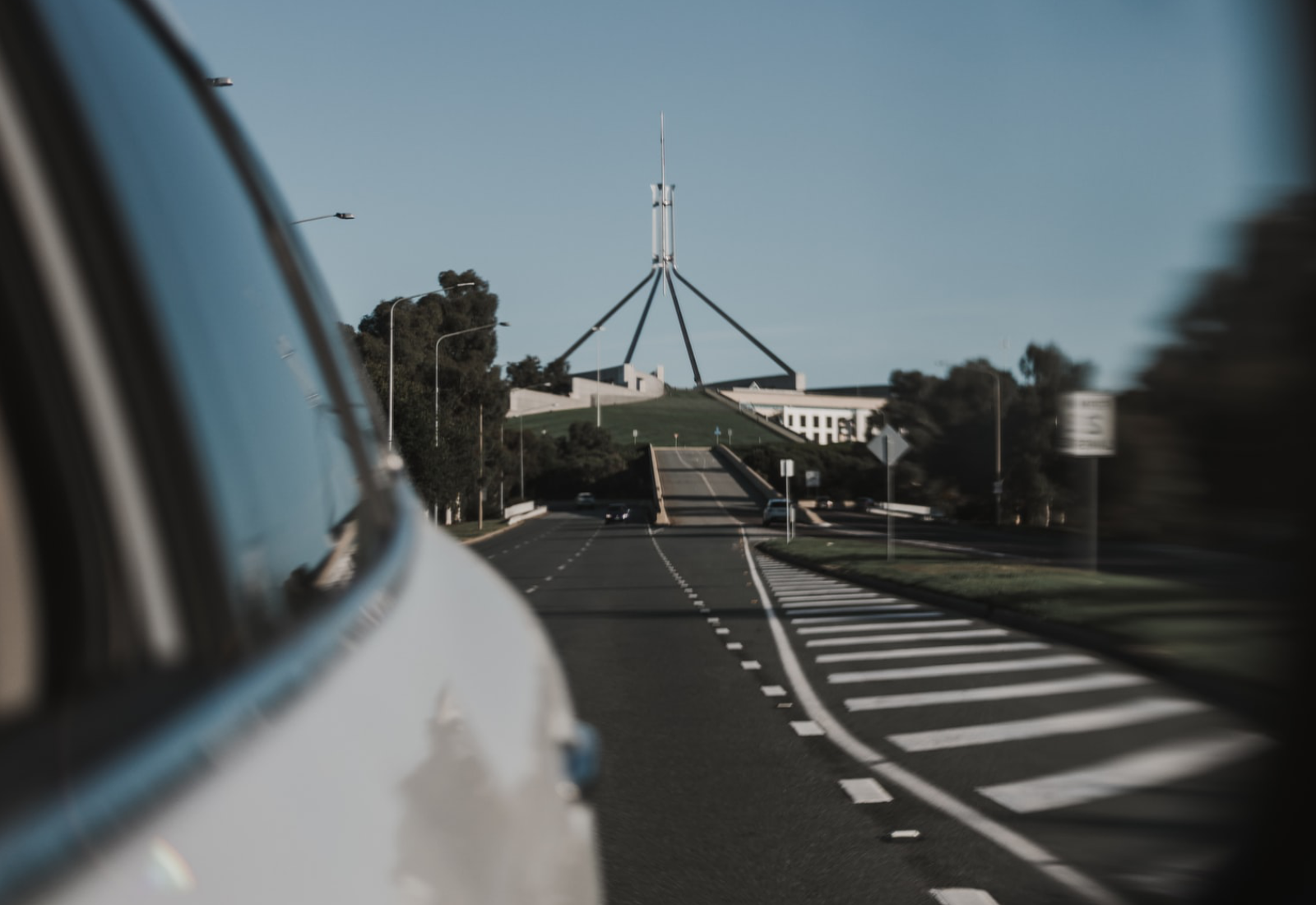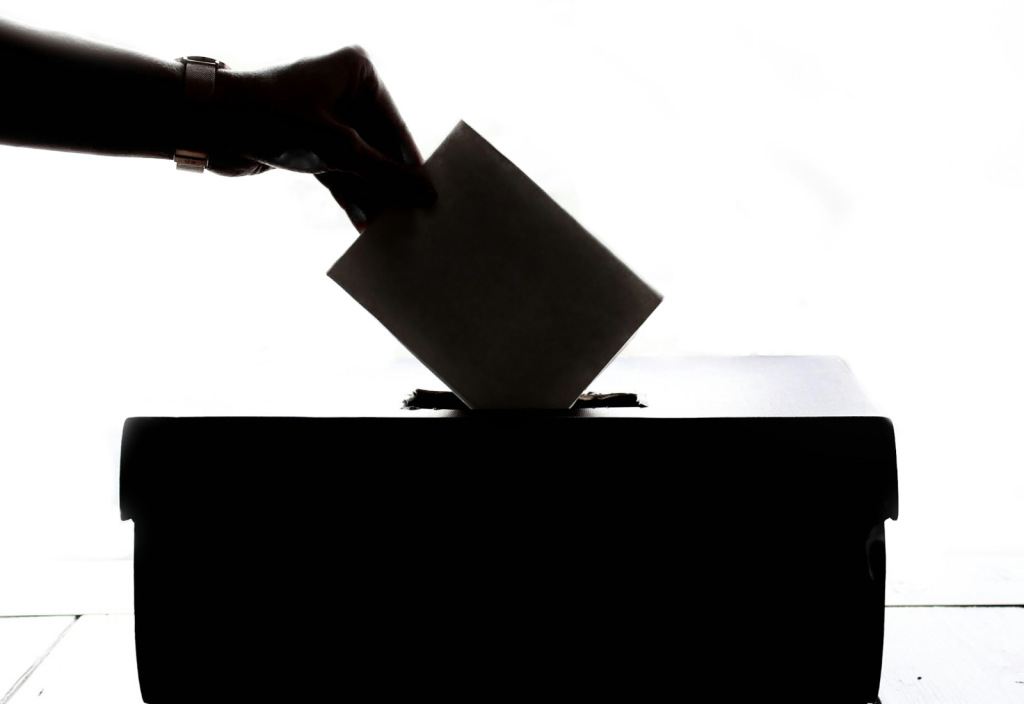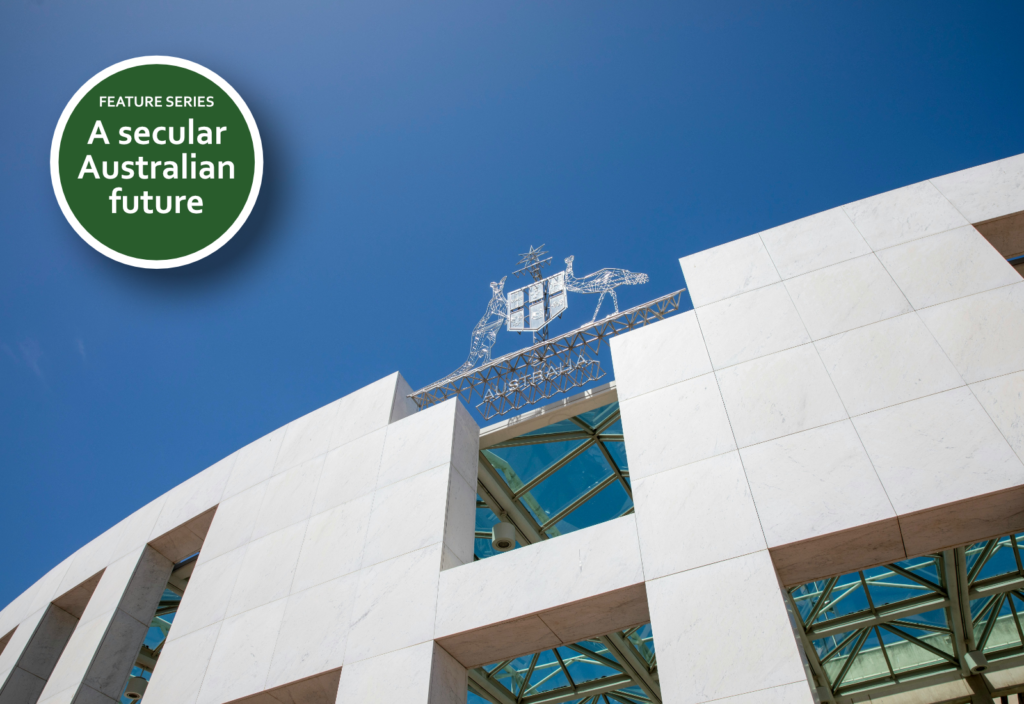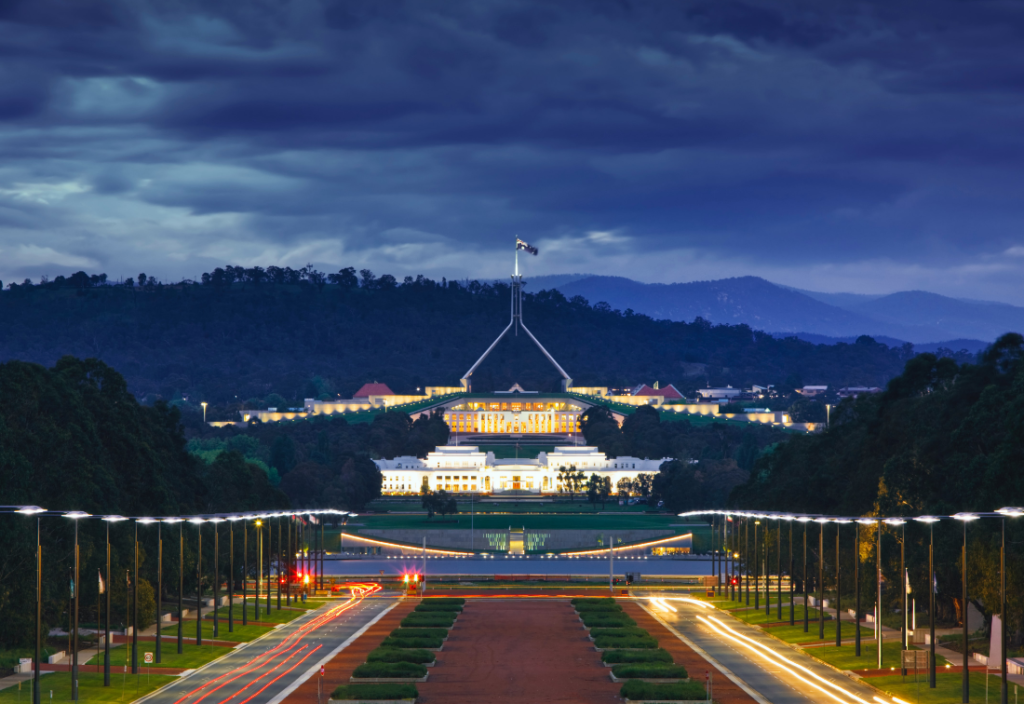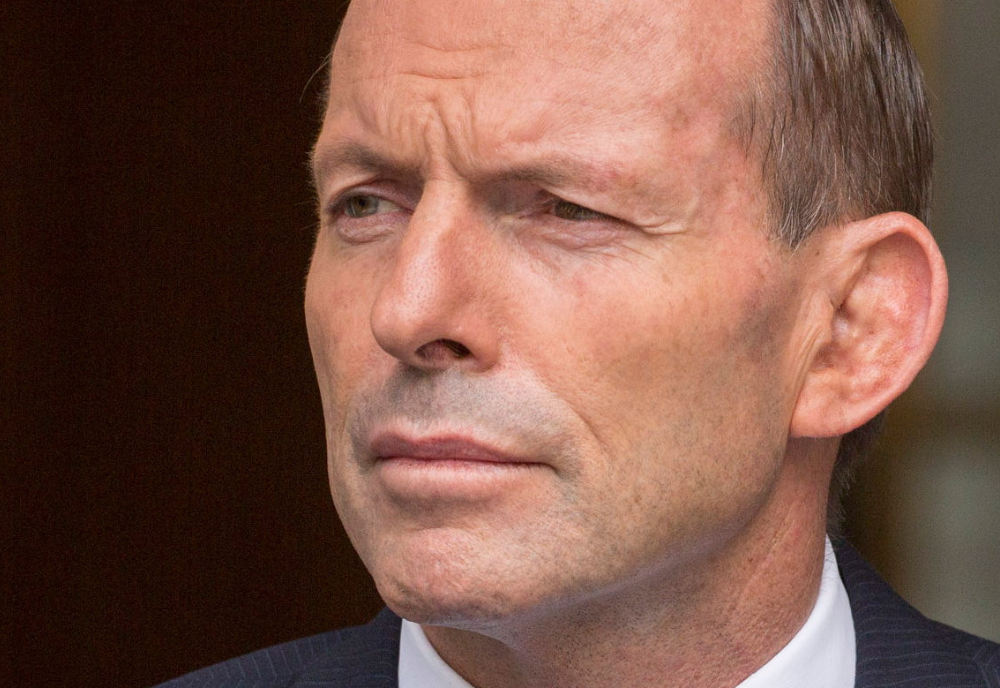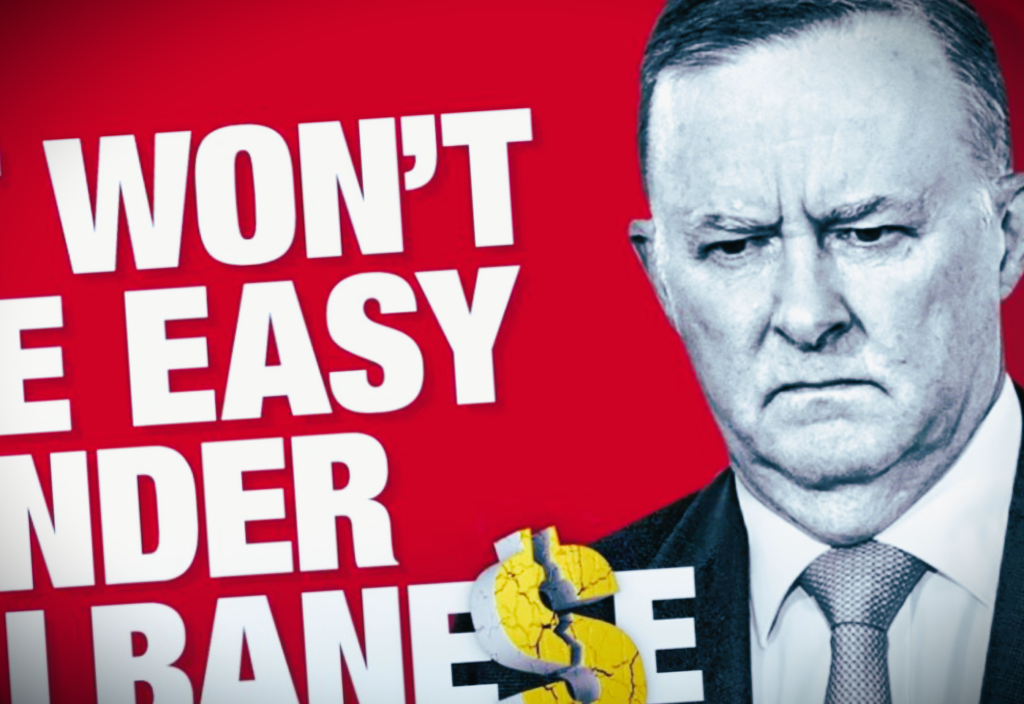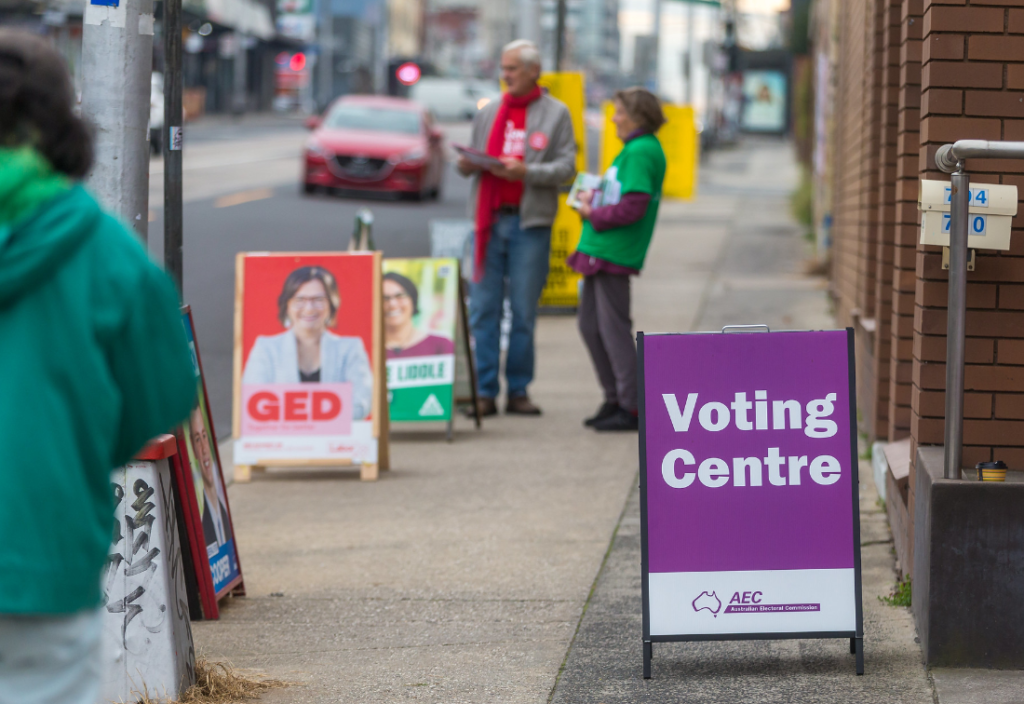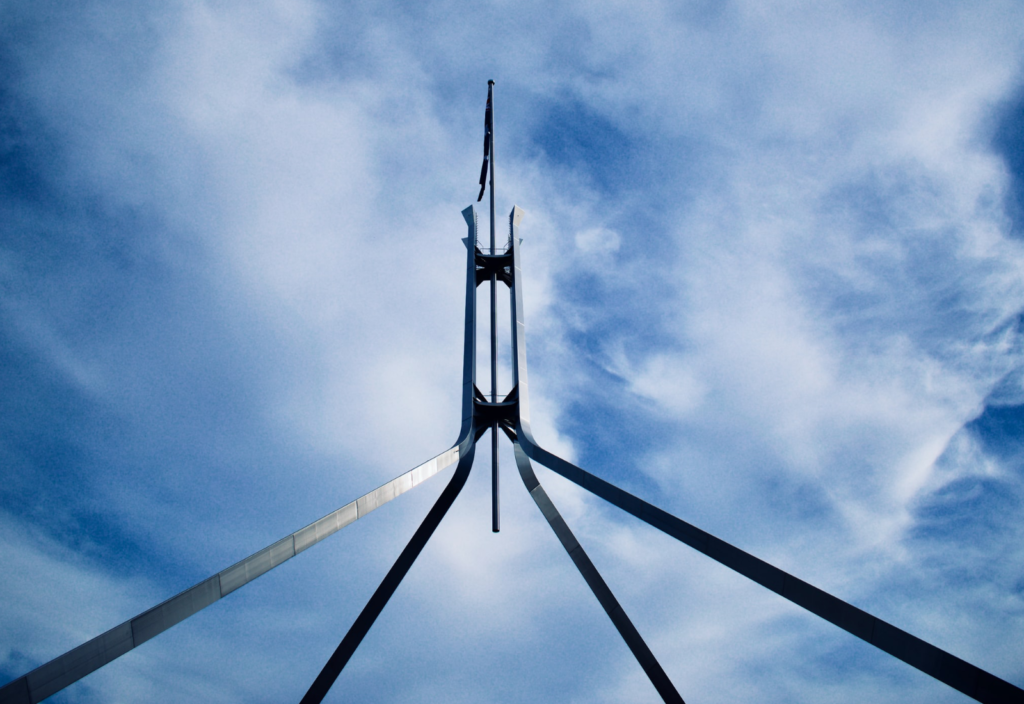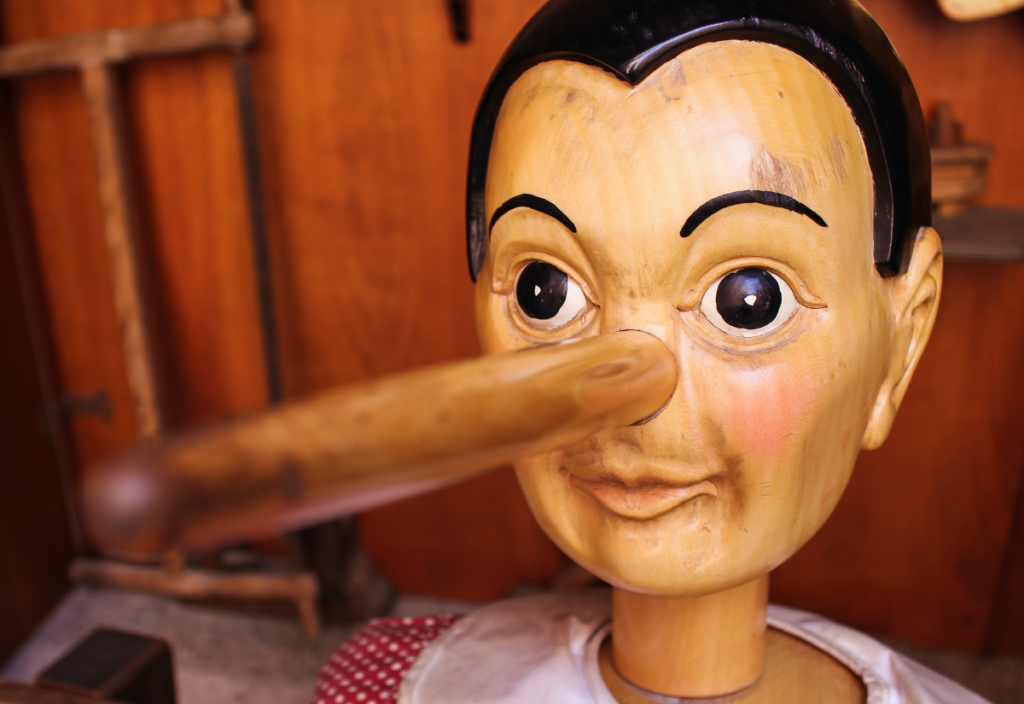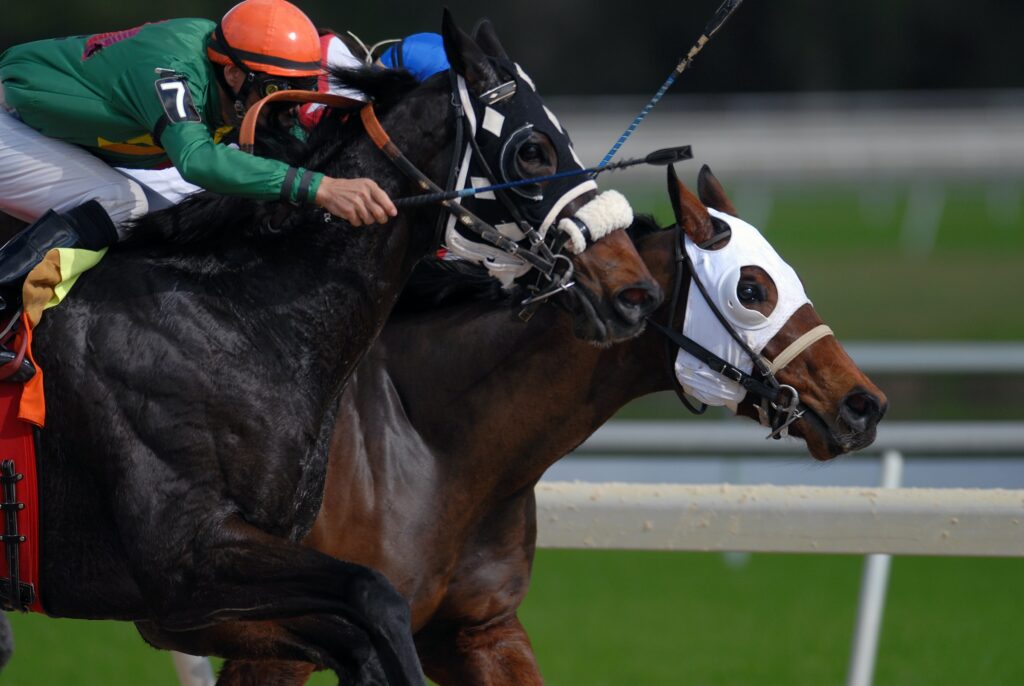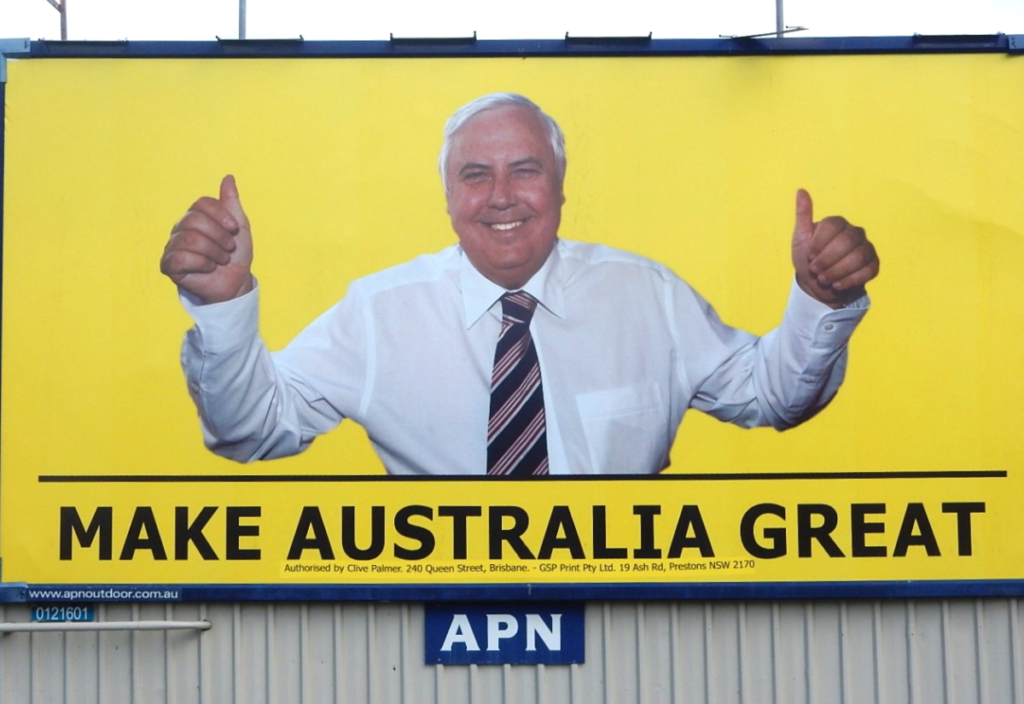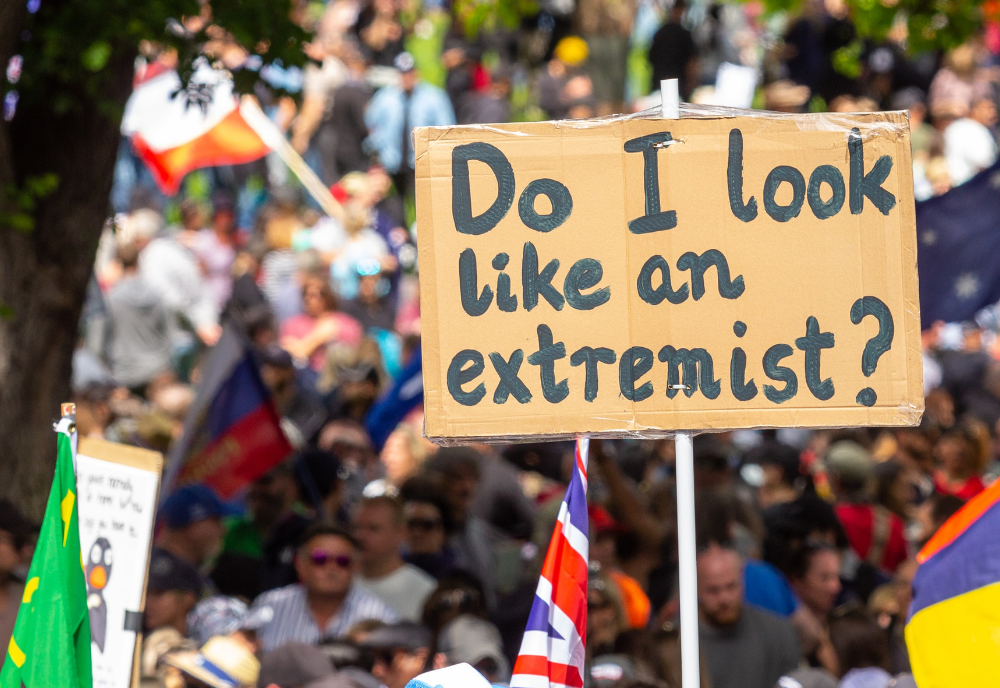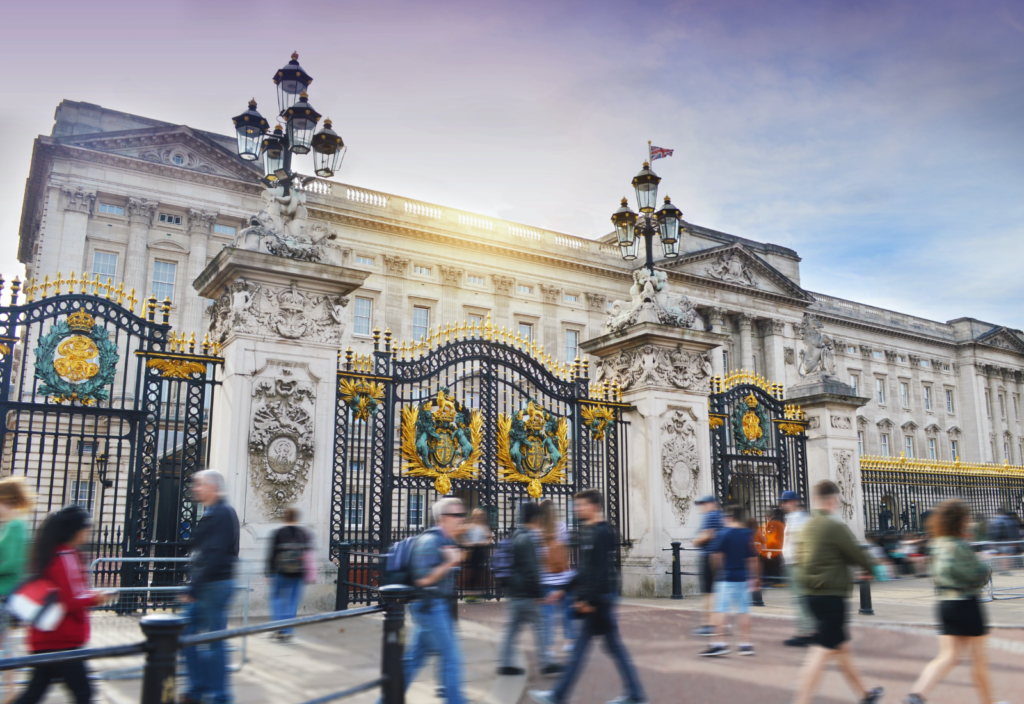Australia and the rest of the world have had a couple of very rough years. Throughout the pandemic and its attendant restrictions, vaccines shortages, food price hikes and floods, our faith in our leaders has been tested time and again.
And now, with a federal election looming, one question is bound to come into sharp focus: Can we trust our government?
In many places around the world, trust is declining. Reports suggest that, in 2021, there was a significant drop in trust in the two largest economies, the United States and China.
Back home, trust is eroding faster than our coastlines – there’s been a decline across all Australian institutions, including government, business, NGOs, and the media.
Australia, like the US, the UK and China, is trapped in a “cycle of distrust” fuelled by a growing lack of faith in the media and government.
What is trust?
Social scientists have long insisted that without trust society couldn’t exist. Trusting the future might seem like too much of an ask right now, but trust in the “system” is one of our most precious social virtues and its disappearance would be quite catastrophic.
All the elements can be in place for trust to occur, yet people may be unwilling to take the leap of faith required. This is because trust isn’t a simple rational process of weighing up the risk versus reward.
Trust occurs when things “feel right”, anthropologist Sarah Pink explains, which is often achieved through routines and the accomplishment of mundane everyday tasks.
Other researchers who study human behaviour say trust is not built in big sweeping moments, but in tiny, everyday moments.
So how did we end up where we are now, amid a trust crisis? Is that in fact the problem? Do we have a crisis in trust? Or is it a crisis in leadership?
Mistrust in leadership
I find it useful to think about trust, distrust and mistrust as a family of related concepts rather than a binary. Rather than doing everything to keep distrust and mistrust out, we should be inviting them to the dinner table.
Mistrust and distrust are often used interchangeably; however, they mean different things.
In democratic societies, distrust forces everyone to examine whose interests are represented. A healthy dose of scepticism can help us to think critically about our leaders and their policies, and help keep the government on its toes.
Misinformation, on the other hand, isn’t so helpful. Similar to rumours (no, not the classic album by Fleetwood Mac), misinformation is a statement that cannot be verified in terms of its accuracy. Disinformation, however, is deliberately misleading.
Recently, we’ve seen numerous examples of the spread of disinformation, such as Russia’s claims regarding the invasion of Ukraine, and globally-circulated anti-vax myths.
Closer to home, Prime Minister Scott Morrison has topped a list of the country’s most distrusted politicians.
And the moment that propelled #FakeNews into the spotlight – the 2016 US election scandal involving Facebook/Cambridge Analytica, which foretold (and forewarned) us about the presence and power of social media and technology in our daily lives.
Trust and the role of social media
Trust has been commonly conceptualised in technology design as a rational and transactional relationship between two entities. Social science asks us to question the assumption technology would help people if they just trust it.
In April 2020, the Australian government launched the COVIDSafe app that was, to put it bluntly, not well-received by the public. In the end, the benefits of using COVIDSafe didn’t outweigh data privacy and security concerns many people had about it.
Research shows the federal government’s track record of serial breaches of public trust in terms of privacy was a key barrier preventing sufficient uptake of the app.
The Hawaii holiday Scott Morrison took during the Black Summer fires is another factor eroding the public’s trust in the government. The trip has come back to haunt the federal government again as images and videos illustrating the devastation caused by the floods circulated online.
How can the public trust the government if they don’t believe the leader is trustworthy?
Rebuilding trust
Often, distrust is framed as a problem that needs to be solved. Instead, distrust can signal where there are deep social problems that need to be addressed.
To break the cycle of distrust the Australian government is currently experiencing, Kristin M. Lord, CEO of the International Research and Exchanges Board, offers six paths to escaping the cycle of distrust, and creating greater social trust:
- Make sure institutions are effective and deliver real benefits for people
- Develop future leaders who work for the greater good, not for themselves
- Strengthen accountability and transparency
- Engage citizens in solving community and societal challenges
- Strengthen social inclusion
- Establish real commitment
New Zealand is an example of a government that showed leadership during multiple crises, and fostered trust between itself and the public. This was due in large part to the leadership shown by Prime Minister Jacinda Arden during both the COVID-19 pandemic and the Mosque attacks. She demonstrated equal measures of care, calm and compassion during each of these crises.
Trust and hope
What I’ve tried to show in this article is that trust is complex, and conversations about “public trust” need to account for the everydayness, ongoingness and fragility of this concept.
Trust is a bit of what I like to call a “slippery fish” concept – it’s hard to grab on to and define what trust is with clarity and certainty.
If we take this slipperiness seriously, then maybe we can leave behind the idea that trust is something to be won and kept, and distrust as something to be avoided altogether.
I like the idea that these concepts are all related like a family – though one member who isn’t often invited is hope.
This is the note I’d like to finish on – the idea that hope lives in everyday acts and everyday people.
Firefighters give me hope. Frontline workers give me hope. Sikhs giving food during the lockdown give me hope. Grace Tame gives me hope. Brittney Higgins gives me hope. Flood volunteers give me hope.
This article was originally published on Monash Lens. It is republished under Creative Commons.
Photo by Josh Withers on Unsplash.

